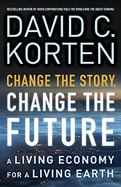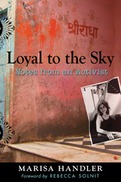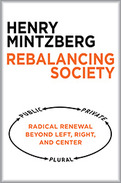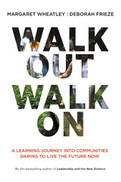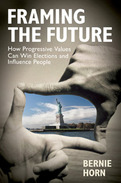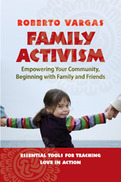Korten calls our current story Sacred Money and Markets. Money, it tells us, is the measure of all worth and the source of all happiness. Earth is simply a source of raw materials. Inequality and environmental destruction are unfortunate but unavoidable. Although many recognize that this story promotes bad ethics, bad science, and bad economics, it will remain our guiding story until replaced by one that aligns with our deepest understanding of the universe and our relationship to it.
To guide our path to a viable human future, Korten offers a Sacred Life and Living Earth story grounded in a cosmology that affirms we are living beings born of a living Earth itself born of a living universe. Our health and well-being depend on an economy that works in partnership with the processes by which Earth's community of life maintains the conditions of its own existence—and ours. Offering a hopeful vision, Korten lays out the transformative impact adopting this story will have on every aspect of human life and society.
2007
2014
With the collapse of the communist regimes of Eastern Europe, Western pundits declared that capitalism had triumphed. They were wrong—balance triumphed. A healthy society balances a public sector of respected governments, a private sector of responsible businesses, and a plural sector of robust communities. Communism collapsed under the weight of its overbearing public sector.
Now the “liberal democracies” are threatened—socially, politically, even economically—by the unchecked excesses of the private sector.
Radical renewal will have to begin in the plural sector, which alone has the inclination and the independence to challenge unacceptable practices and develop better ones. Too many governments have been co-opted by the private sector. And corporate social responsibility can't compensate for the corporate social irresponsibility we see around us “They” won't do it. We shall have to do it, each of us and all of us, not as passive “human resources,” but as resourceful human beings.
Tom Paine wrote in 1776, “We have it in our power to begin the world over again.” He was right then. Can we be right again now? Can we afford not to be?
2011
2008
Polls consistently show that most Americans are progressives at heart. By margins of at least two to one, we favor affordable healthcare for all, even if it means raising taxes; want federal action to combat global warming; support stricter gun control; don’t want Roe vs. Wade overturned; and the list goes on. So why is it so hard for progressive candidates to win elections?
Because, says Bernie Horn, most progressives don’t know how to explain their ideas in ways that resonate with “persuadables”—the significant slice of the electorate who don’t instantly identify as Democrats or Republicans. These are the voters who swing elections. There’s been a lot of theoretical discussion about framing lately, but Framing the Future isn’t theory—the concepts outlined have been used successfully by progressive candidates across the nation, even in such conservative bastions as Montana, Arizona, and Florida.
Drawing on rigorous polling data and his own experience as a veteran political consultant, Horn explains how persuadable voters think about issues and make political decisions and why, as a result, the usual progressive approaches are practically designed to fail with them. He offers a crash course in the nuts and bolts of framing and shows how to use three bedrock American values—freedom, opportunity, and security—to frame progressive positions in a way that creates a consistent, unified political vision that will appeal to persuadable voters. He even offers advice on specific words and phrases to use when talking about a variety of issues and ideas.
2008


